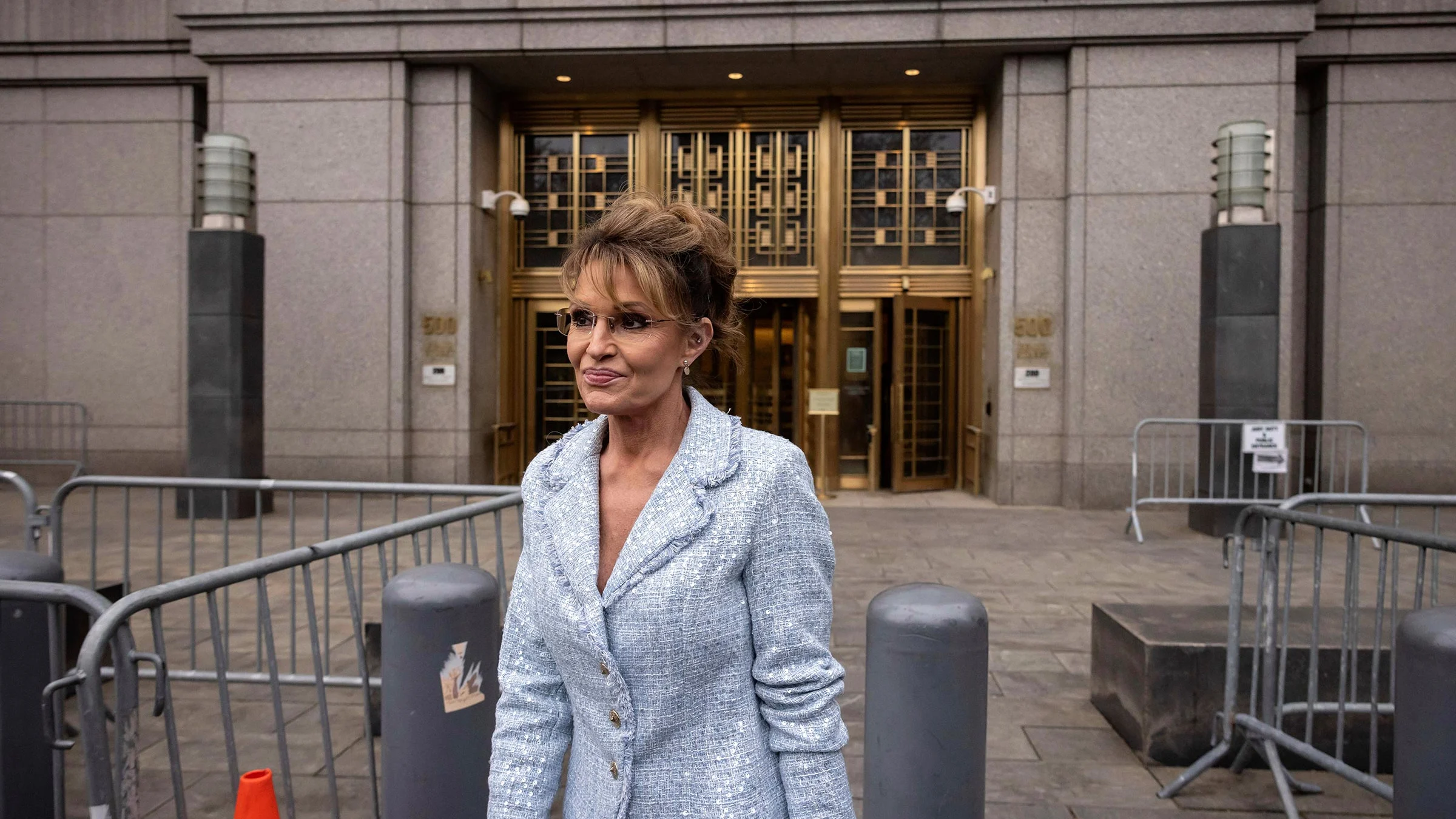Politics
India Halts Indus Waters Treaty, Closes Attari Border After Pahalgam Attack
India suspends the Indus Waters Treaty, closes Attari border, and expels Pakistani diplomats after the Pahalgam attack. Full breakdown of retaliatory measures, Pakistan’s NSC meeting, and global responses.

India escalated tensions with Pakistan on Wednesday, suspending the Indus Waters Treaty (IWT) and shutting down the Attari border checkpoint following a deadly terrorist attack in Pahalgam, Kashmir. The move, labeled a “water warfare” act by Pakistan, has triggered a diplomatic crisis, with Islamabad convening an emergency National Security Committee (NSC) meeting and vowing to defend its rights “legally and politically.”
Key Developments
- Indus Waters Treaty Suspended: India halts the 1960 water-sharing pact, accusing Pakistan of cross-border terrorism.
- Attari Border Closed: Trade and travel suspended; Pakistani nationals under Saarc visas given 48 hours to exit India.
- Diplomatic Expulsions: Defence staff at Pakistan’s High Commission expelled; embassy staff capped at 30.
- Global Reactions: US, China, EU condemn the attack; Trump pledges “full support” to India.
Pahalgam Attack: What Happened?
The attack in Pahalgam, a scenic tourist hub in Indian-administered Kashmir, left 26 dead and 17 injured after gunmen targeted male tourists. The assailants, allegedly linked to the “Resistance Front,” sparked India’s swift retaliation:
- India’s Retaliatory Measures:
- IWT Suspension: Citing Pakistan’s “support for cross-border terrorism,” India freezes the treaty until Islamabad “credibly abjures” backing militants.
- Saarc Visa Cancelled: Pakistani nationals under the scheme must leave India within 48 hours.
- Diplomatic Downgrade: Defence attachés expelled; embassy staff reduced to 30 by May 1.
Pakistan’s Response:
- PM Shehbaz Sharif convened an NSC meeting to address India’s “impulsive” actions.
- FM Ishaq Dar dismissed India’s claims as “knee-jerk” and politically motivated.
- Defence Minister Khawaja Asif condemned the “false flag operation,” urging a “considered” response.
Indus Waters Treaty: Why This Matters
The IWT, brokered by the World Bank in 1960, governs water sharing of the Indus River system. India’s suspension marks the first time the treaty has been halted, even during past wars. Experts warn:
- Implications for Pakistan: Threatens water supply to Punjab and Sindh’s agricultural heartlands.
- Legal Violation: Experts argue unilateral suspension breaches Article XII, requiring mutual termination.
Pakistan’s Countermeasures:
- Power Minister Awais Leghari called it “water warfare,” vowing to defend rights globally.
- Senator Sherry Rehman accused India of “weaponizing water,” citing the treaty’s survival through past conflicts.
Global Reactions & Diplomatic Fallout
- US Support: Trump assured Modi of “full support,” while VP JD Vance condemned the “horrific attack.”
- China & EU: Offered condolences but urged restraint; EU pledged solidarity with India.
- UN: Secretary-General Antonio Guterres condemned the violence, calling for accountability.
India’s Domestic Pressure:
- PM Modi cut short a Saudi visit, vowing a “loud and clear” response.
- Opposition leader Rahul Gandhi criticized the government’s “hollow claims” on Kashmir’s peace.
Politics
Pahalgam Attack 2025: Why #BoycottKashmir Is a Wake-Up Call for India and a Test for Government Accountability
After 26 tourists killed in Kashmir, #BoycottKashmir trends. Citizens, celebrities demand answers from Modi government over security lapses and army delay.

The serene landscapes of Kashmir were shattered once again on April 22, 2025, when a deadly terror attack in Pahalgam claimed the lives of 26 Indian tourists. The incident, claimed by The Resistance Front, a proxy of Lashkar-e-Taiba, has reignited national outrage and renewed calls for a non-violent economic movement under the banner #BoycottKashmir.
This is no longer just a hashtag. It is a peaceful form of resistance — an attempt to disrupt the flow of funds that may, directly or indirectly, sustain the ecosystem in which terror groups operate.
Why #BoycottKashmir Matters Now
The boycott movement is not aimed at ordinary Kashmiri citizens. It is a call for change — a push to sever the financial links between the booming tourism industry and the shadow of terrorism that still lingers in the region. Kashmir welcomed over 3.5 million tourists in 2024, yet repeated security failures expose the risks of unchecked tourism.
Tourism cannot continue as if terror is not part of the picture. When tourists are targeted, when lives are lost, the first response should not be silence or spin. It should be a complete review of how such tragedies are allowed to happen — and who benefits when they do.
Security Failure: Where Was the Army?
This tragedy raises urgent and uncomfortable questions. Where was the Indian Army when the attack occurred? Why were there no security checkpoints, no routine patrols, and no drone surveillance in one of the most sensitive areas of the country?
Eyewitness reports claim it took nearly an hour for the security forces to respond. This delay suggests either a gross failure of intelligence or an unacceptable lapse in preparedness. How did terrorists with heavy weapons enter a popular tourist zone without being detected? Why weren’t standard protocols in place to protect civilians?
In a region under constant surveillance, this level of failure cannot be dismissed as an accident. It reflects negligence, and the public deserves accountability.
Why Does It Always Happen Before Elections?
There is a pattern that is hard to ignore. Significant terror incidents in Kashmir have a history of occurring just before major national or state elections. This raises serious questions about whether political narratives are being shaped by tragedy. Is there a failure in preventing known risks, or is there something more systemic at play?
The Modi government owes the country more than just promises. It owes transparency. Every election cycle must not be accompanied by bloodshed.
Urban Voices and Celebrities Are Taking a Stand
In the wake of the attack, several public figures, influencers, and celebrities are quietly withdrawing from Kashmir-based promotions. Many are now voicing support for the boycott, arguing that scenic beauty cannot hide systemic failure. For them, this is not about politics — it is about safety, justice, and basic human accountability.
Peace Cannot Be Cosmetic
This is not a hate campaign. It is a peaceful protest rooted in conscience. The people of India are simply saying: we will not spend our money in places where our lives are not valued. Until the government ensures real security and addresses the deep-rooted failures in the system, the public has the right — and responsibility — to act.
Conclusion
#BoycottKashmir is not a reactionary movement. It is a demand for justice. It is a refusal to normalize a cycle where deaths are followed by statements and then forgotten. Until peace is restored and safety is guaranteed, Kashmir cannot be sold as a travel destination.
Tourism and terrorism cannot coexist. The government must choose which future it wants to secure.
#BoycottKashmir #ModiGovtFailure #ArmyAccountability #JusticeForPahalgam #TourismWithTerrorismCannotExist #ElectionSeasonTerror #UrbanIndiaSpeaks
Politics
Sarah Palin’s Defamation Retrial Ends in Favor of The New York Times

A federal jury delivered a decisive blow to Sarah Palin on Tuesday, ruling against her defamation lawsuit in a retrial against The New York Times. The verdict marks the second failed legal attempt by the former Alaska governor to hold the paper accountable for a 2017 editorial she claimed falsely linked her to a mass shooting.
Key Takeaways
- A jury rejected Palin’s claim that a 2017 NYT editorial defamed her by suggesting her PAC incited violence.
- The retrial followed a 2023 appeals court ruling that revived the case after initial dismissal.
- The New York Times defended the verdict as a win for press freedom, while Palin criticized media integrity on social media.
- The case tested protections for publishers under the landmark Times v. Sullivan Supreme Court ruling.
Inside the Trial & Reactions
The retrial centered on a 2017 editorial that incorrectly tied Palin’s political action committee (PAC) to a 2011 Tucson shooting targeting former Congresswoman Gabby Giffords. Though the Times corrected the article within hours, Palin argued the damage to her reputation was irreversible.
In a statement, The New York Times said:
“This decision reaffirms that publishers are not liable for honest mistakes. We thank the jurors for their careful work.”
Palin fired back on X (formerly Twitter), writing:
“But please keep fighting for integrity in media. I’ll keep asking the press to quit making things up.”
The Legal Battle: A Timeline
Palin first sued the Times in 2017, alleging defamation over the editorial’s claim that her PAC used “crosshairs” imagery targeting Giffords and other Democrats. While the Times swiftly corrected the error, Palin pursued legal action for years, culminating in this retrial ordered by an appeals court in 2023.
Conservatives initially saw the case as a potential challenge to Times v. Sullivan—the 1964 ruling requiring public figures to prove “actual malice” to win defamation suits. However, courts ruled Palin missed her window to contest the standard, leaving the precedent intact.
Why This Verdict Matters
The ruling arrives amid growing scrutiny of media accountability and free speech protections. With public trust in news outlets at historic lows and political leaders increasingly attacking press freedoms, the Times’ victory reinforces legal safeguards for journalists.
Legal experts argue the case highlights the balance between accountability and free expression. “Publishers must correct errors, but this verdict shows courts still prioritize protecting journalism from frivolous lawsuits,” said a First Amendment attorney
The Bigger Picture: Media Under Fire
The Times’ win contrasts with a rising tide of legal and rhetorical attacks on U.S. media. Former President Trump’s “enemy of the people” rhetoric and ongoing efforts to weaken Times v. Sullivan have put publishers on high alert. Yet this verdict signals courts remain a critical line of defense for press freedom.
Disclaimer: This article is for informational purposes only and does not constitute legal advice.
-

 Fashion11 months ago
Fashion11 months agoDurefishan Saleem Stuns in Elegant Red Saree Look
-

 Entertainment10 months ago
Entertainment10 months agoCelebrity Traitors 2025 Cast Revealed: Full Lineup of Stars Competing in Claudia Winkleman’s BBC Show
-

 Fashion11 months ago
Fashion11 months agoHania Aamir Stuns in 3 Ethnic Looks by Indian Designers
-

 Entertainment10 months ago
Entertainment10 months agoLady Gaga Joins Zendaya in ‘Guys and Dolls’ Remake? Insider Reveals Casting Offers
-

 Entertainment10 months ago
Entertainment10 months agoWednesday Season 2 Trailer Drops: Release Dates, New Cast & Lady Gaga Cameo Hints
-

 Entertainment10 months ago
Entertainment10 months agoStranger Things Season 5: Release Date, Cast, Plot & More
-

 Entertainment10 months ago
Entertainment10 months agoAlice in Borderland Season 3:
-

 Politics10 months ago
Politics10 months agoPahalgam Attack 2025: Why #BoycottKashmir Is a Wake-Up Call for India and a Test for Government Accountability



